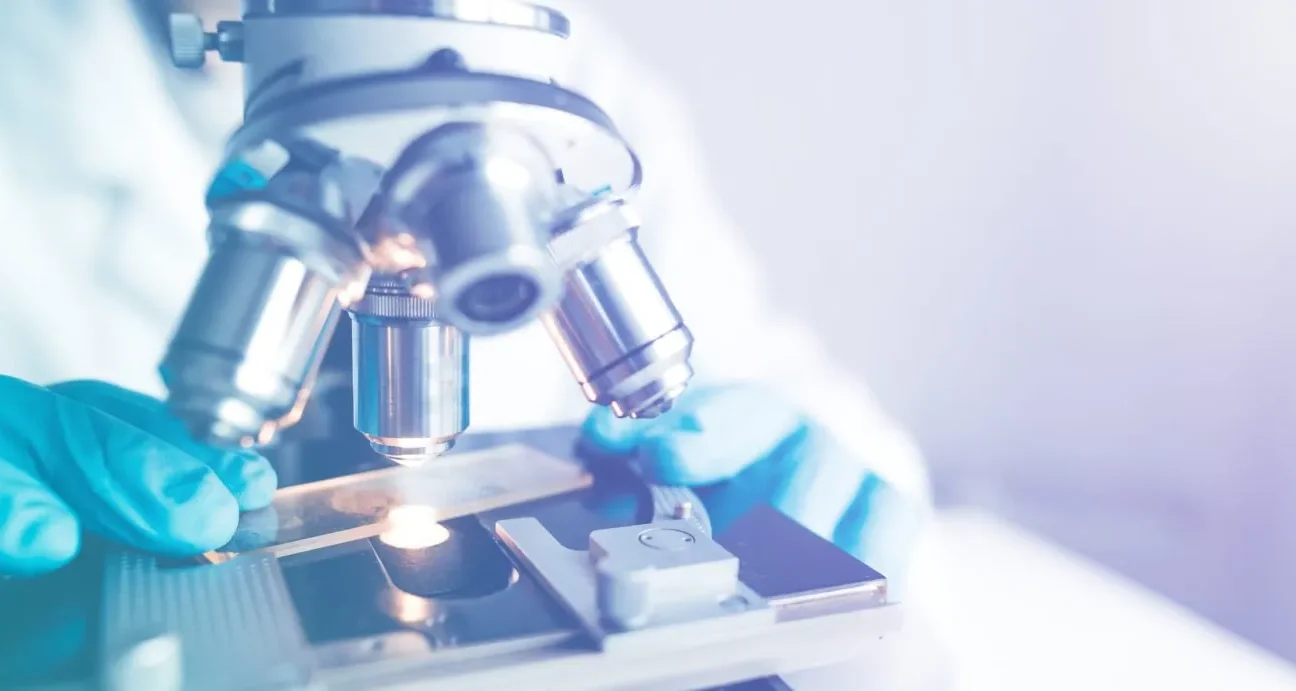Nigerian Scientist Breaks Ground in Fast-Tracking Bacterial Diagnosis with Cutting-Edge Genetic Technology

A Nigerian researcher, Pelumi Oladipo, is making waves in global health circles with a breakthrough that could redefine how bacterial infections are diagnosed across Africa, promising faster, more accurate treatments and stronger responses to public health threats.
Oladipo’s pioneering work introduces a suite of modern molecular and computational techniques designed to replace the slow and sometimes inaccurate bacterial identification methods currently used in most Nigerian hospitals. Her research could significantly reduce diagnostic delays that often lead to life-threatening complications in patients.
“For decades, our labs have depended on conventional biochemical tests that can take days and sometimes fail to accurately identify the bacteria involved,” Oladipo said. “This lag compromises treatment and patient survival.”
The new approach employs high-precision tools such as Polymerase Chain Reaction (PCR), quantitative PCR (qPCR), and MALDI-TOF MS a mass spectrometry technology that identifies bacteria by decoding their unique protein signatures.
These methods can deliver results in hours, rather than days, and are particularly effective in distinguishing between bacterial strains that appear identical under traditional tests.
Oladipo emphasized that quick diagnosis is not just a medical benefit it’s a strategic weapon in the battle against antibiotic resistance, one of Nigeria’s most urgent health challenges. “When we know exactly what bacteria we’re dealing with, doctors can prescribe the right antibiotics from the start, cutting down on trial-and-error treatments that worsen resistance,” she explained.
Her findings align with global best practices, including recent research published in the Journal of Antimicrobial Chemotherapy, which supports the use of molecular diagnostics as the new standard in bacterial identification.
Although the technology especially MALDI-TOF MS remains costly, Oladipo’s research argues that its long-term impact could be transformative. Faster diagnoses mean shorter hospital stays, reduced healthcare costs, and better outcomes for patients, particularly in rural and under-resourced areas.
“Combining molecular methods with computational analytics enables us to track emerging infections, monitor resistance patterns, and respond more effectively to public health crises,” she said.
However, scaling this innovation across Nigeria will require significant investment in infrastructure, equipment, and training. Despite the challenges, Oladipo’s research offers a compelling case for reform one that could position Nigeria as a leader in diagnostic science across Africa.
Health experts say her work is part of a growing movement to place African scientists at the forefront of medical innovation. With antibiotic resistance rising and microbial infections remaining a leading cause of death, Oladipo’s contribution is being hailed as a game-changer.
“This is more than research,” she concluded. “It’s a roadmap for strengthening our healthcare system and saving lives.”









